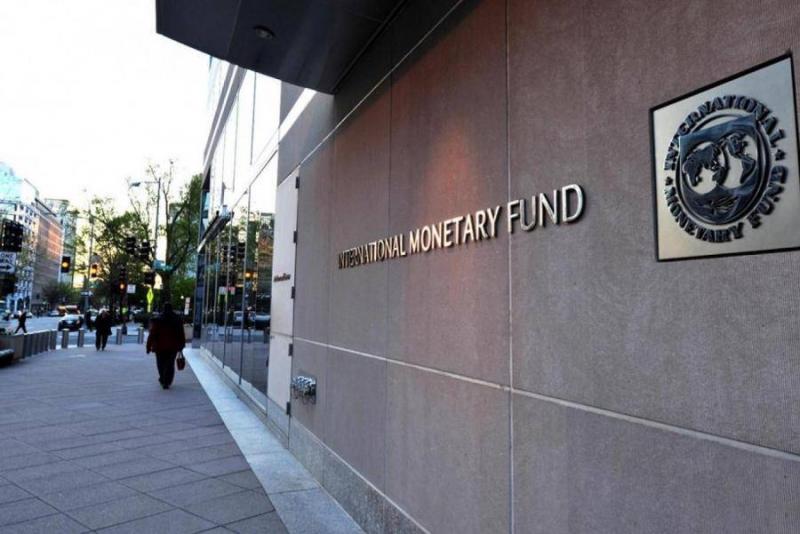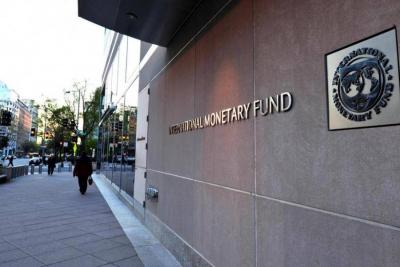The International Monetary Fund announced today, Thursday, in the first comprehensive financial assessment since Lebanon's financial collapse began in 2019, that the financial crisis in the country has worsened due to a lack of political action and special interests, leading to resistance to reforms.
The Fund confirmed that the delay in reforms has resulted in a decline in foreign currency deposits, which could eventually be retrieved upon restructuring of the banking sector, noting that currently, only ten billion dollars can be recovered, less than what was possible in 2020.
It indicated that without reforms, public debt could reach 547 percent of GDP by 2027. The Fund believes the central bank must implement new policies to address conflicts of interest, ensure independence from the government, and establish further accountability.
Experts from the Fund expressed "great concern over the deep multidimensional crisis facing Lebanon for more than three years, which has led to a sharp collapse in economic and social conditions." The report stated, "The continuation of the status quo represents the greatest danger to prospects, confidence levels will remain low, and dollarization of the economy will increase if reforms continue to be postponed."
The report added that if the status quo persists, "public debt will remain on an unsustainable path, as restructuring is unlikely to proceed in the absence of reforms, which will significantly limit the state's ability to borrow."
The Fund stated today that the reform measures Lebanon has implemented thus far, including the 2022 budget, the banking secrecy law, and the draft capital control law, do not meet the level of advice provided by Fund officials to the authorities or the expectations that were discussed.
The head of the Fund's mission in Lebanon, Ernesto Reggio, regarded Lebanon's current account balance as "extremely disappointing in 2022," noting that "it is also frustrating that Lebanon has not yet approved the 2023 budget despite half the year having passed." He stated, "The situation is very grave."
Reggio added that Lebanon's leaders may lean towards avoiding making tough political decisions, hoping the economy will stabilize without implementing reforms, but warned that this would come "at a very high price." Lebanon signed an agreement with the IMF in April 2022, but has not met the conditions to implement a full program deemed critical for the country's recovery from one of the worst financial crises in the world.




